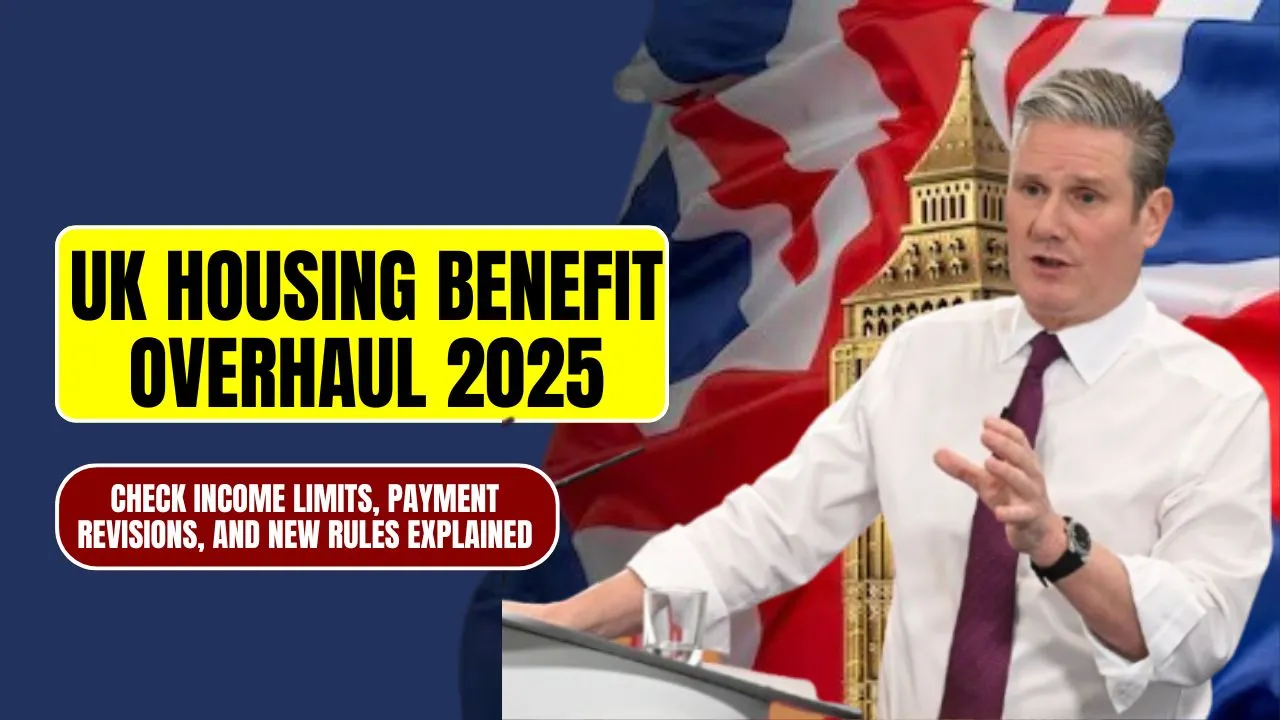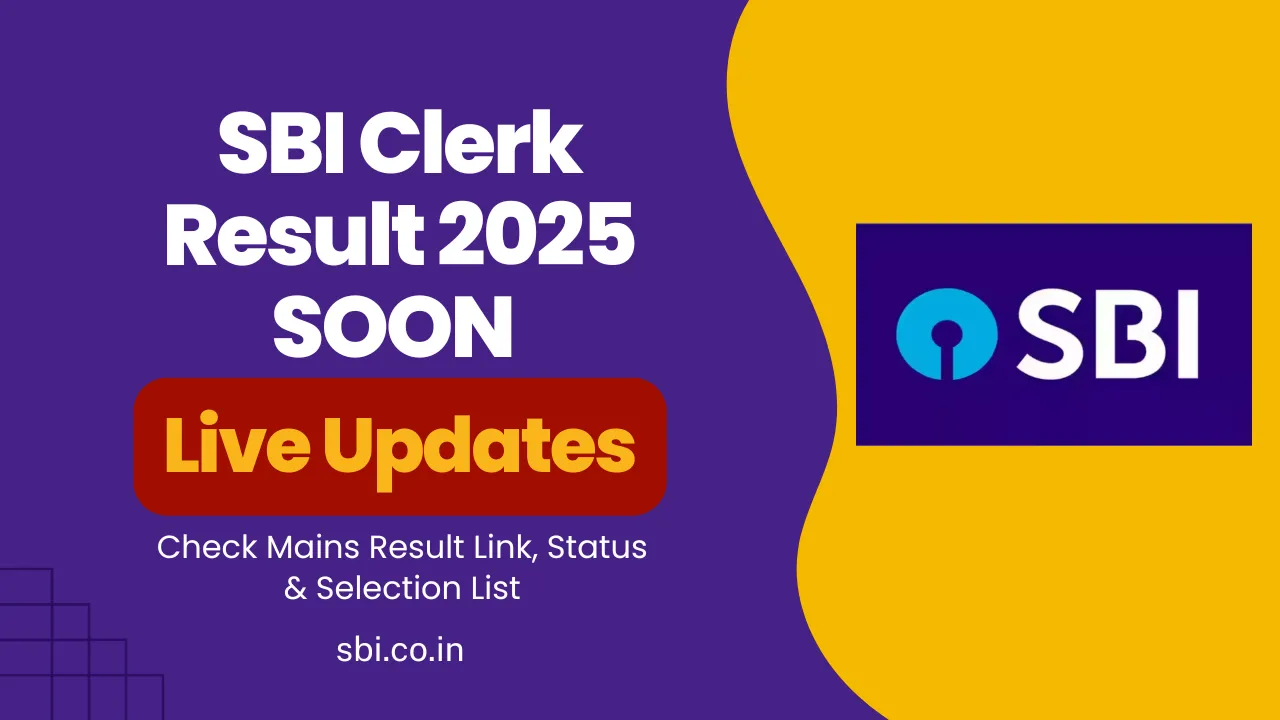The UK Housing Benefit Overhaul 2025 is set to reshape how low-income individuals and families receive housing support. Beginning in May, the changes will affect eligibility, payment calculations, and how assistance is distributed. With rental prices continuing to rise and living costs squeezing household budgets, this major update is designed to modernise the system and ensure help reaches those most in need.
In this article, we explore the UK Housing Benefit Overhaul 2025 in full detail. We’ll break down the new income thresholds, revised Local Housing Allowance (LHA) rates, updated employment requirements, and explain who will be affected. Whether you’re a current claimant or planning to apply, this guide will help you understand what’s changing and how to prepare.
UK Housing Benefit Overhaul 2025
The UK Housing Benefit Overhaul 2025 introduces new rules to make housing support more regionally fair and focused on vulnerable groups. Key updates include reduced income limits, updated LHA rates for different regions, and stricter employment conditions for working-age claimants. The government’s aim is to build a more sustainable benefits system that aligns better with the modern housing market and supports people into work where possible.
UK Housing Benefit Overhaul 2025– Overview Table
| Change Area | Key Details |
| Start Date | May 2025 (phased rollout through December 2025) |
| New Income Thresholds | Reduced across all household types (e.g., £265 to £223 for single person) |
| Capital Limits | £6,000 (working age), £10,000 (pension age); benefits reduced above limits |
| Local Housing Allowance | Updated to reflect current regional rents (up to 15% increase in urban areas) |
| Employment Conditions | Mandatory work search, training, or increased hours for some claimants |
| Universal Credit Impact | Reduced deduction caps, more direct-to-landlord payments |
| Shared Accommodation Rate | New exemptions for homeless, care leavers, and those with health conditions |
| Support Tools | GOV.UK calculators, Citizens Advice, Shelter, and council portals |
Understanding the 2025 Housing Benefit Overhaul
Housing Benefit has long provided essential help for people struggling with rent. The 2025 overhaul is the most significant change in years. Rising rental prices, increased demand for support, and the shift toward Universal Credit have all prompted the government to rework the system. These reforms aim to target support more effectively and reduce regional inequalities.
Key Changes to Eligibility Criteria
Eligibility for Housing Benefit will become more restrictive in 2025. Both new and existing claimants will be reassessed based on updated thresholds.
New Income Thresholds
The government is lowering income limits to tighten eligibility. Here’s a summary of the weekly limits:
- Single Person: From £265 to £223
- Couple: From £420 to £350
- Family with 1 Child: From £520 to £450
- Family with 2+ Children: From £585 to £500
These reductions may exclude households with moderate incomes who previously qualified.
Capital and Savings Limits
The capital limits will remain mostly unchanged:
- Working Age: Benefits reduced for savings over £6,000; ineligible above £16,000
- Pension Age: Tariff income applies above £10,000; ineligible above £16,000 unless receiving Pension Credit
This policy encourages people to use available resources before claiming public support.
Employment Requirements
New job-seeking and work expectations will apply to most working-age claimants:
- You must show evidence of active job search
- Part-time workers may be required to look for more hours
- Participation in training or skills development may be mandatory
Exemptions apply to full-time carers, people with verified medical limitations, and parents of children under 3.
Local Housing Allowance Rate Updates
LHA rates are being updated to better reflect regional rental prices, with increases ranging from 6% to 15%. After being frozen for years, this update is meant to close the gap between benefit levels and actual market rents.
2025 LHA Rate Examples by Region
| Location | Property Type | 2024 Rate | 2025 Rate | Change |
| Inner London | 1 Bedroom | £1,174.44 | £1,350.00 | +15% |
| Manchester | 1 Bedroom | £650.00 | £725.00 | +12% |
| Birmingham | 1 Bedroom | £575.00 | £625.00 | +9% |
| Glasgow | 1 Bedroom | £550.00 | £595.00 | +8% |
| Rural Wales | 1 Bedroom | £425.00 | £450.00 | +6% |
Shared Accommodation Rate Changes
The Shared Accommodation Rate (SAR) applies to most single people under 35 in private rentals. However, new exemptions are being introduced:
- Care leavers up to age 25 (previously 22)
- Individuals with long-term health conditions
- Formerly homeless people aged 25–34
These exemptions provide more flexibility and protection for vulnerable young adults.
Changes for Universal Credit Recipients
Housing Benefit changes will also impact people on Universal Credit:
- Direct Payments to Landlords: Now more accessible
- Minimum Rent Contribution: Increased, based on income
- Deduction Cap: Lowered from 25% to 15% to improve financial stability
- Benefit Cap: Adjusted for inflation (currently £20,000, £23,000 in London)
These updates aim to make Universal Credit more efficient and supportive for those repaying debts or struggling with rent.
Implementation Timeline
The government is rolling out changes gradually:
| Date | Milestone |
| February 2025 | Reforms officially announced |
| April 2025 | New LHA rates published |
| May 2025 | Changes begin for new claimants |
| June–August | Reassessment of existing claimants |
| Sept–Dec 2025 | Transition period for adjustments |
| January 2026 | Full implementation completed |
Notices will be sent at least 30 days in advance of changes to benefits.
Regional Impact Analysis
The overhaul will affect different areas of the UK in different ways:
Urban Areas
Cities like London and Manchester will benefit from higher LHA rates. More job opportunities make employment conditions easier to meet.
Rural and Coastal Areas
These regions may struggle with lower LHA increases and fewer job options. Seasonal workers and those facing long travel distances may be especially impacted.
Devolved Nations
- Scotland may introduce its own top-ups or protections
- Wales offers transitional support for the vulnerable
- Northern Ireland follows the UK model but may have admin variations
Who Will Be Most Affected?
| Group | Impact |
| Low-income Workers | May lose eligibility, but could benefit from higher LHA |
| Private Renters | Likely to benefit in high-cost regions |
| Social Tenants | Minimal change due to stable rents |
| Under-35s | Still face SAR limits but new exemptions may help |
| Pensioners | Generally unaffected due to exemption from employment rules |
| Families | Could benefit or lose support depending on income |
| Disabled Claimants | Mostly protected through exemptions and medical assessments |
Preparing for the Changes
For Current Claimants
- Check new income limits
- Update your details with the DWP
- Review LHA for your area
- Start budgeting if you expect reduced support
- Explore job support programs if applicable
For New Applicants
- Use benefits calculators on GOV.UK
- Prepare required documentation early
- Apply online for faster processing
- Contact housing charities for guidance
Alternative Support Options
If you’re no longer eligible or need extra help:
- Discretionary Housing Payments: Temporary top-ups from councils
- Council Tax Support: Reduce your tax bill
- Universal Credit Advances: Interest-free loans
- Budgeting Support Services: Offered by local authorities
- Affordable Housing Schemes: Provided by local housing associations
Official Resources and Support
- GOV.UK Housing Benefit Page
- Local Housing Allowance Rates
- Citizens Advice
- Shelter UK
Final Thought
The UK Housing Benefit Overhaul 2025 marks a major shift in the way housing support is delivered. While the reforms aim to better target those in greatest need, some people may face tougher conditions or reduced payments. By preparing early, checking new rules, and seeking support where necessary, you can ensure your housing situation remains secure during this transition. Share this article with others affected and explore official tools and local help to stay informed.
FAQs About UK Housing Benefit Overhaul 2025
1. Will I automatically lose my Housing Benefit if I earn more than the new income limits?
No, your benefit won’t stop immediately. If your income goes slightly over the new limits, your payments may reduce gradually. You won’t be cut off unless your income rises well above the new thresholds.
2. How do I check if my Local Housing Allowance (LHA) rate is changing in 2025?
Your local council will notify you of any LHA updates. You can also visit the GOV.UK website and check the new LHA rates for your postcode and property size.
3. Can I still claim Housing Benefit if I move to a new area in 2025?
Most new claims will need to be made under Universal Credit. However, if you’re a pensioner or living in supported housing, you may still be eligible for Housing Benefit in a new area.
4. What happens if I don’t meet the new employment requirements?
If you’re of working age and not exempt, you must meet job search or training conditions. Failure to do so could reduce or pause your benefit. Exemptions apply to carers, those with medical conditions, and parents of young children.
5. Will these changes affect people already on Universal Credit?
Yes, if you receive housing support through Universal Credit, you may see changes like reduced deductions and updated LHA rates. Some payments may now go directly to landlords to help manage rent more effectively.










